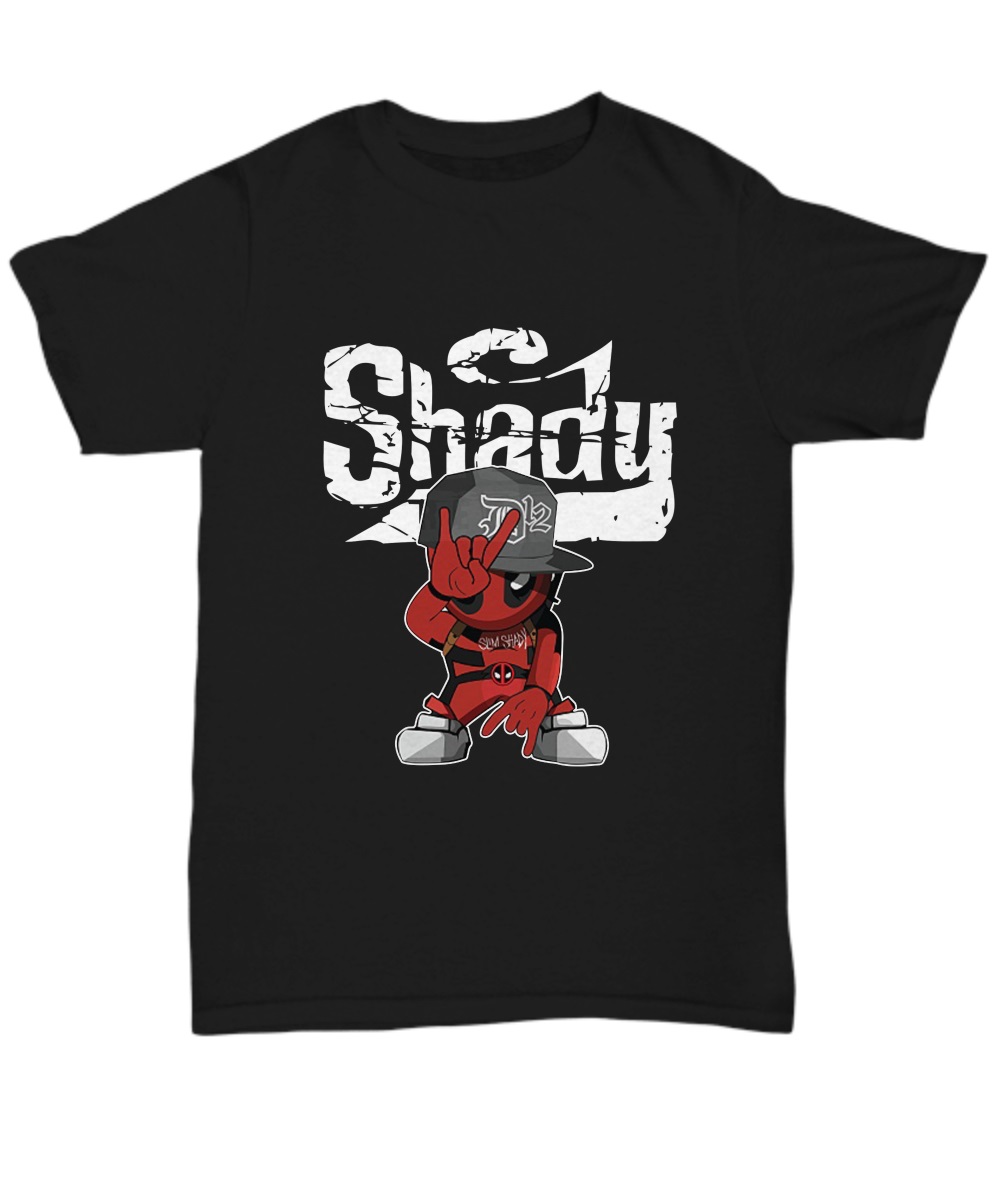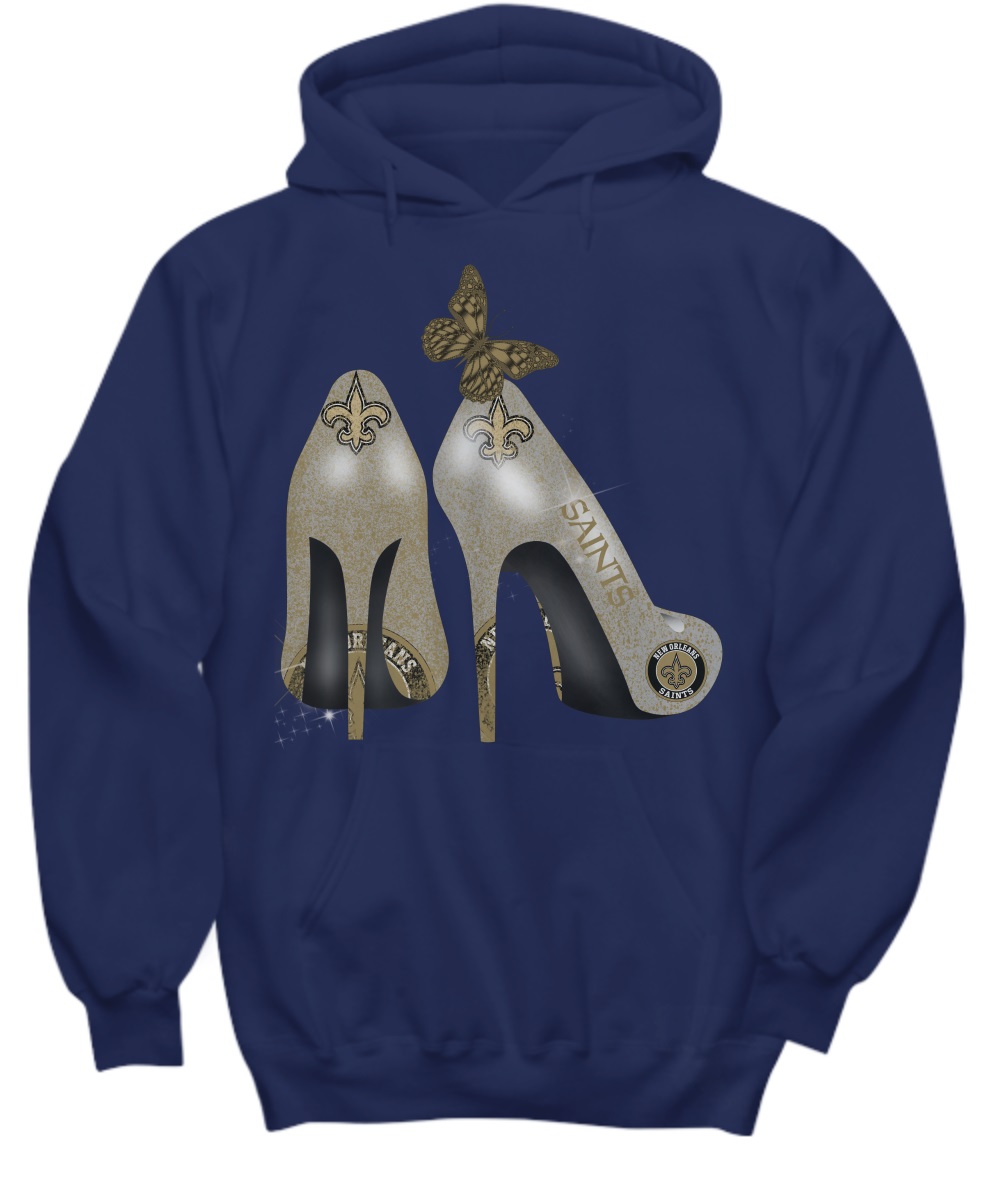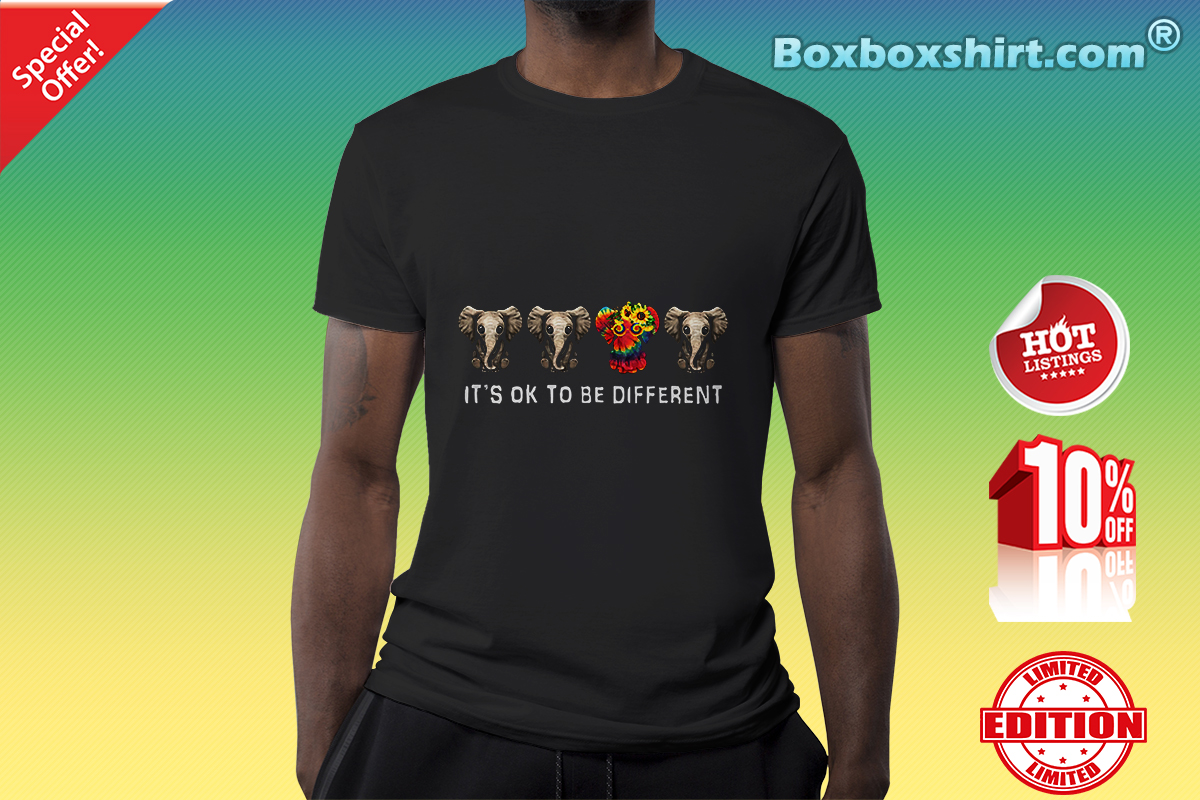Please Dont feed the animals Shirt
Or buy product at :teechip
-
5% OFF 2 items get 5% OFF on cart total Buy 2
-
10% OFF 3 items get 10% OFF on cart total Buy 3
-
15% OFF 4 items get 15% OFF on cart total Buy 4
♥CHECK OUR BESTSELLERS - LIMITED EDITION SNEAKER FOR MEN OR WOMEN:
Best Selling Sneaker
Retro SP x J Balvin Medellín Sunset (UA) Air Jordan 3 Sneaker
Best Selling Sneaker
Best Selling Sneaker
Best Selling Sneaker
Table of Contents
TogglePlease Dont feed the animals Shirt
Animal history is one of the hottest and most controversial subfields in academia and in trade publishing today, although many people may not really understand what it is. In this essay, I explain the origins and development of the subfield, its interdisciplinary nature, strategies and topics, and the important questions animal history raises for all of us. To be clear, animal history is not a kind of sentimental animal story, nor an attempt to explain animals’ “points of view” or imagine them as a human-style minority group. It is not an account of human ideas about and uses of animals, although that history is an important building block of the field. While it can include the biographies of famous animals like Seabiscuit, Nim Chimpsky, or various presidential pet dogs, animal history seeks to account for the countless anonymous animals in our past. And, even though animal history includes some feel-good stories, much of animal history is difficult and even embarrassing to humanity. Of course, historians do not shy away from the shocking or regrettable aspects of the past, but document them so that we may learn from them. The question is: Are we ready for what we may find out, especially when we live in a place and time when so many of us are squeamish about seeing how the sausage gets made, both literally and figuratively?
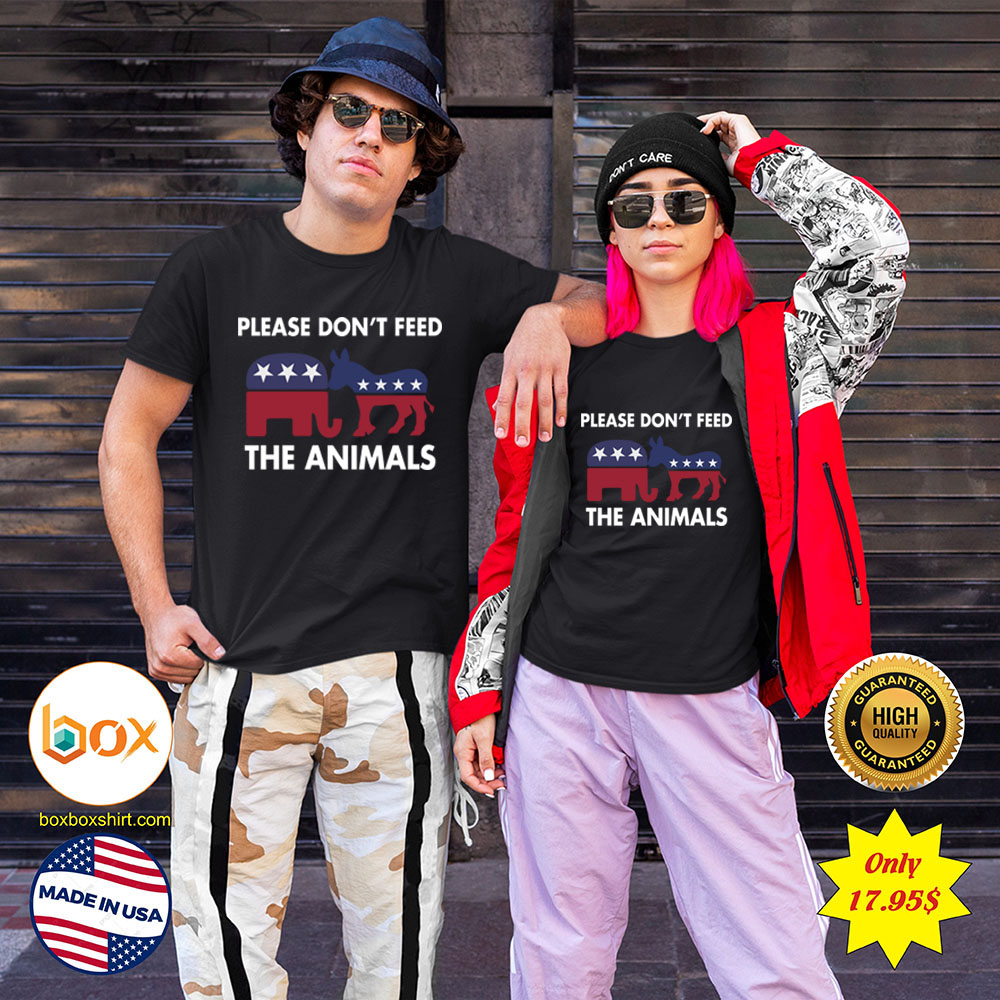
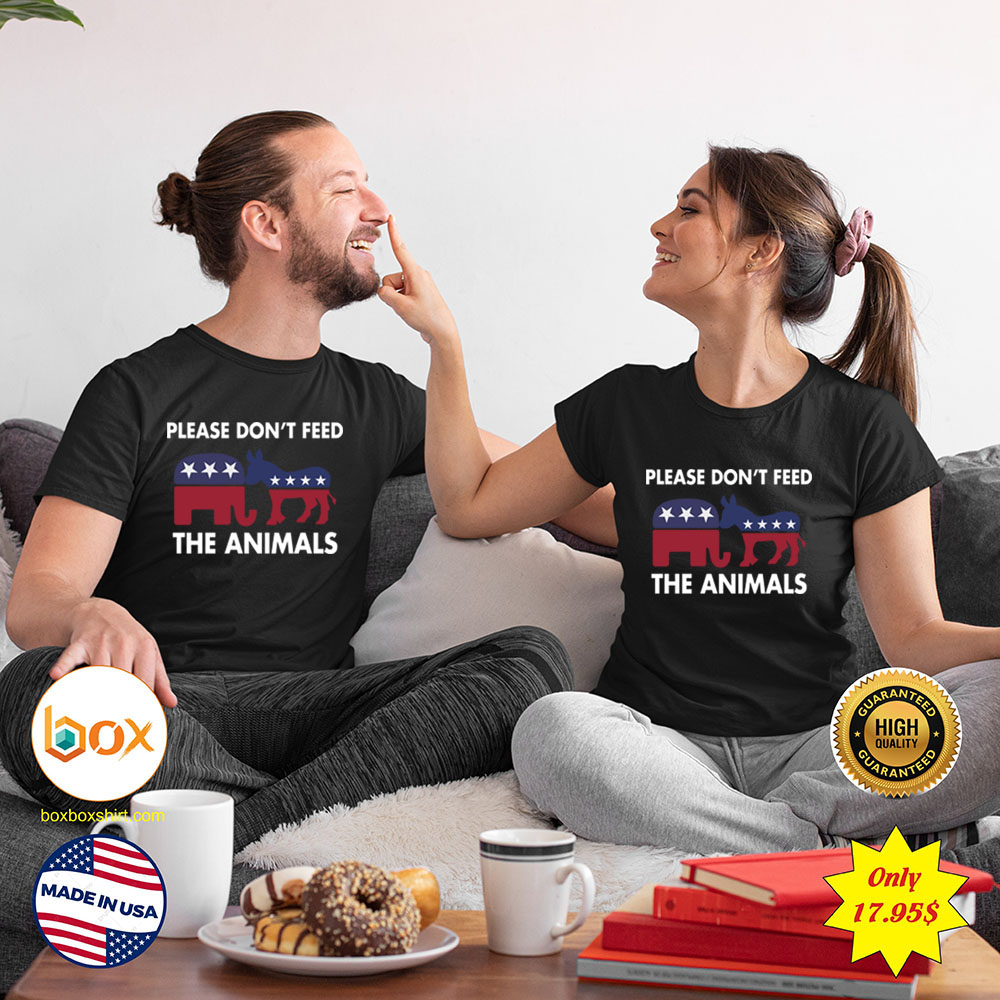
Please Dont feed the animals Shirt
Collectively the field asks: Considering the impending environmental crises we find on the planet today, are we prepared to let go of the idea that “history” is primarily a record of human agency and instead see it as an approximation of the collective past of all species? Some historians and readers find that idea deeply unsettling. This may be, in part, since animal history asks us to consider the degree to which being “human” means being the supreme species on the planet. Some worry that to give equal historical standing to animals that were hunted, exterminated, exploited, or forced to endure suffering for our comfort (imagine the millions of nineteenth-century workhorses or twentieth-century sows confined to farrowing crates) is to question our uniqueness and right to do as we wish on earth. At its most unsettling, animal history is really about what it has meant to be human through our interaction with other species and perhaps make a change in the future.
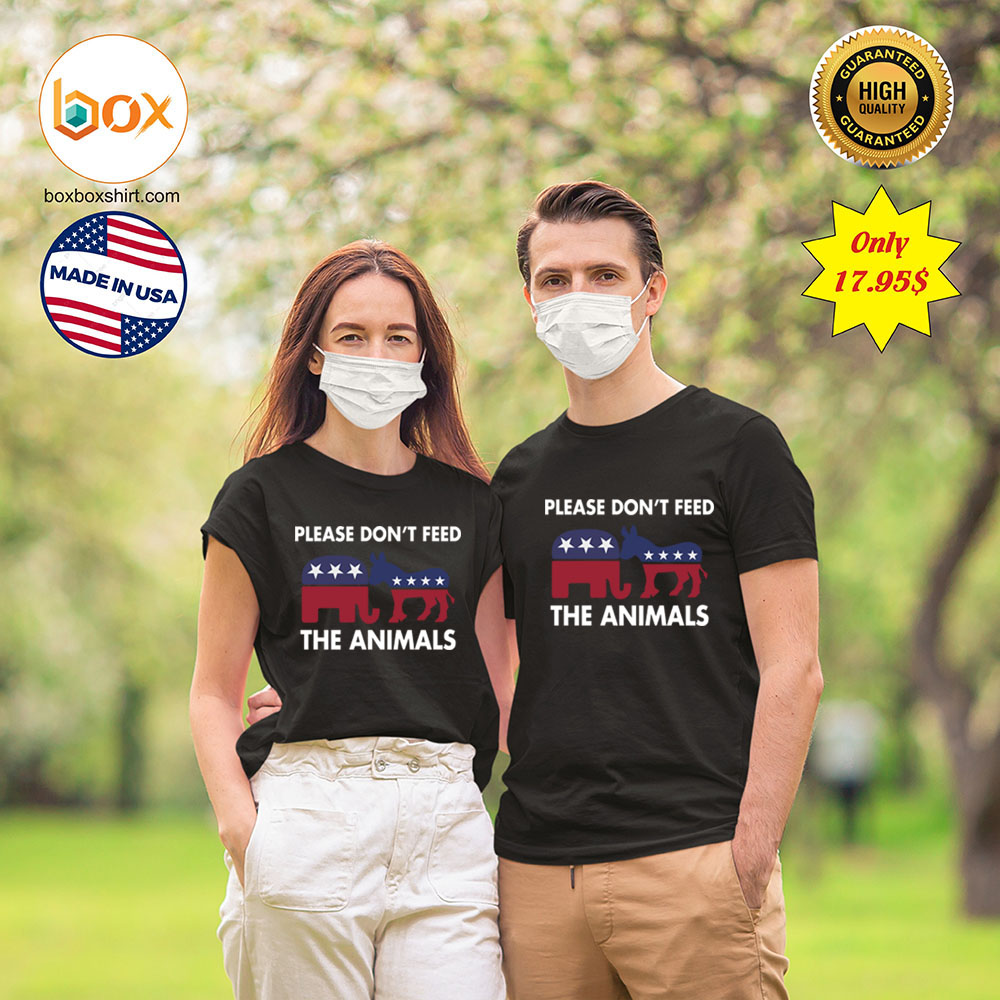
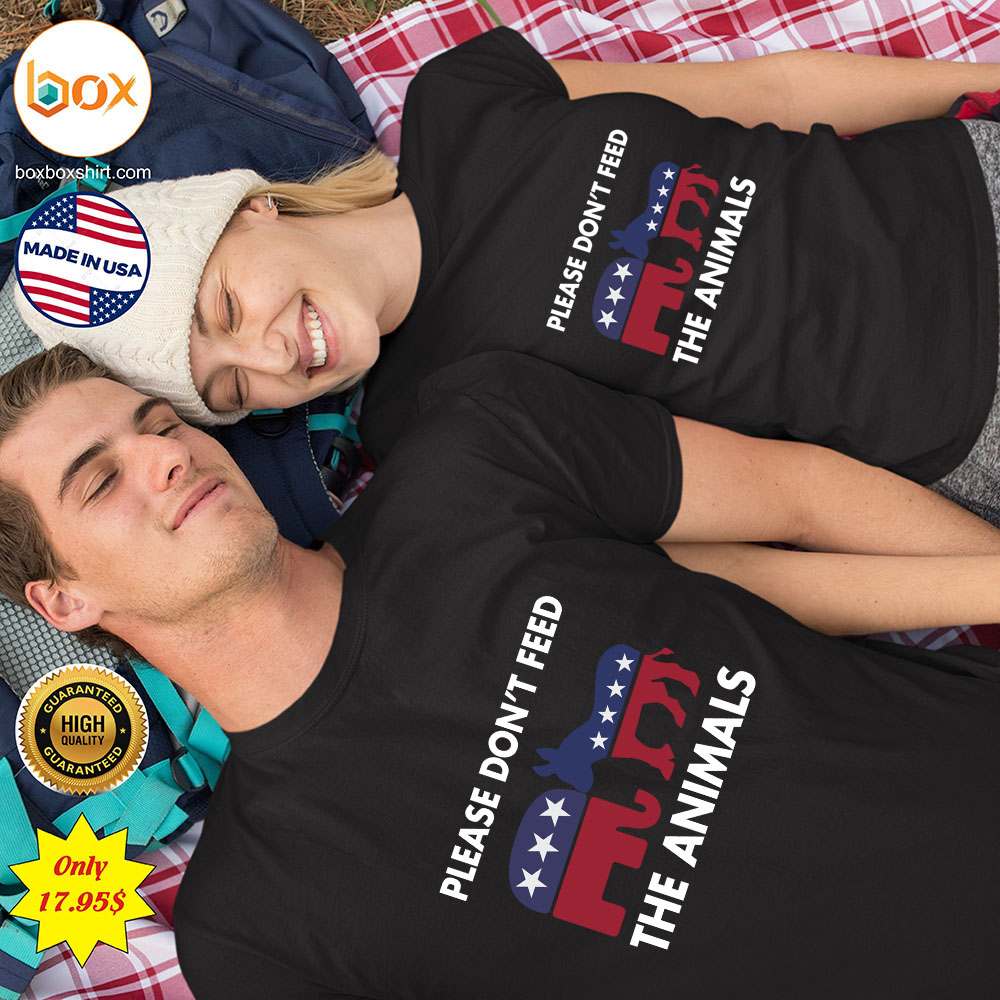
A. SHIPPING COSTS
Standard Shipping from $4.95 / 1 item
Expedited Shipping from $10.95 / 1 item
B. TRANSIT, HANDLING & ORDER CUT-OFF TIME
Generally, shipments are in transit for 10 – 15 days (Monday to Friday). Order cut-off time will be 05:00 PM Eastern Standard Time (New York). Order handling time is 3-5 business days (Monday to Friday).
C. CHANGE OF ADDRESS
We cannot change the delivery address once it is in transit. If you need to change the place to deliver your order, please contact us within 24 hours of placing your order at contact.boxboxshirt@gmail.com
D. TRACKING
Once your order has been shipped, your order comes with a tracking number allowing you to track it until it is delivered to you. Please check your tracking code in your billing mail.
E. CANCELLATIONS
If you change your mind before you have received your order, we are able to accept cancellations at any time before the order has been dispatched. If an order has already been dispatched, please refer to our refund policy.
G. PARCELS DAMAGE IN TRANSIT
If you find a parcel is damaged in transit, if possible, please reject the parcel from the courier and get in touch with our customer service. If the parcel has been delivered without you being present, please contact customer service with the next steps.
No Hassle Returns and Refunds
Our policy lasts 14 days. If 14 days have gone by since your purchase, unfortunately we can’t offer you a refund or exchange.
To be eligible for a return, your item must be unused and in the same condition that you received it. It must also be in the original packaging.
Several types of goods are exempt from being returned.
Gift cards
Downloadable software products
Some health and personal care items
To complete your return, we require a receipt or proof of purchase.
Please do not send your purchase back to the manufacturer.
There are certain situations where only partial refunds are granted (if applicable) :
– Any item not in its original condition, is damaged or missing parts for reasons not due to our error
– Any item that is returned more than 30 days after delivery
Refunds (if applicable)
Once your return is received and inspected, we will send you an email to notify you that we have received your returned item. We will also notify you of the approval or rejection of your refund.
If you are approved, then your refund will be processed, and a credit will automatically be applied to your credit card or original method of payment, within a certain amount of days.
Late or missing refunds (if applicable)
If you haven’t received a refund yet, first check your bank account again.
Then contact your credit card company, it may take some time before your refund is officially posted.
Next contact your bank. There is often some processing time before a refund is posted.
If you’ve done all of this and you still have not received your refund yet, please contact us at contact.boxboxshirt@gmail.com










